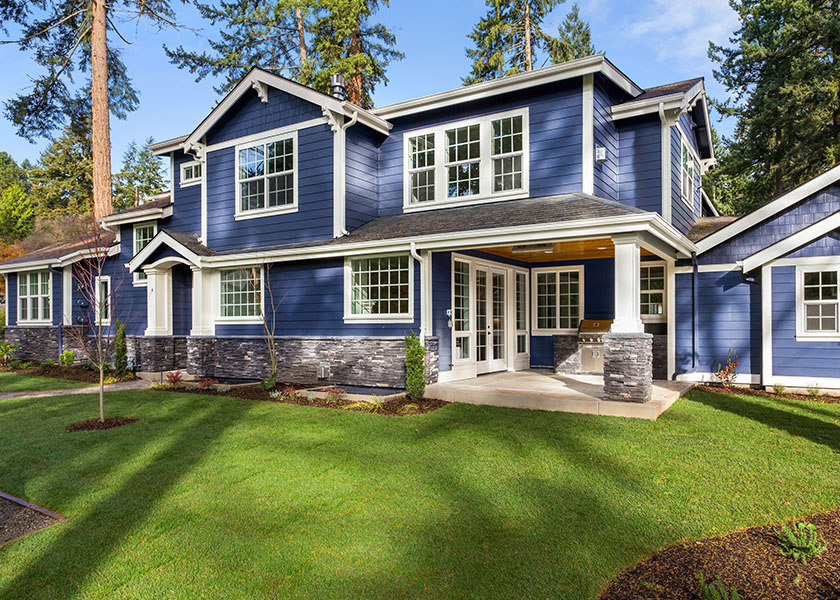Lately, it seems a lot of our clients are selling (or exploring selling) their homes and we’ve been asked a lot how taxes may impact their sale. If you’ve lived in your home a long time or live in a highly appreciated area, it’s no wonder you’re concerned about taxes. There have been many changes to laws with taxation on primary residences, so let’s break it all down for you.
The CURRENT Law:
When you sell your primary residence, each homeowner gets a $250,000 home sale gain exclusion that they do not owe taxes on. This means if you are a couple, you can exclude up to $500,000 in gains. In order to qualify for this, the home must be your primary residence and you must have lived there for 2 of the last 5 years. Here is an example:
Example 1: You and your spouse bought your home for $200,000. You sell it 5 years later for $650,000, for a gain of $450,000. You get $500,000 total in home sale gain exclusion, so you owe NO taxes on the sale of your house.
The home sale gain exclusion amount is very helpful, but maybe not as much as it used to be. When this law went into effect in 1997, the average price of a home was only $176,000. For many home owners who’ve owned their home a long time, they have more than $500,000 in gains and therefore may owe taxes on some of the gains.
What about improvements?
Good thinking! When we calculate how much you will owe in taxes, you subtract the sale price of the home from the purchase price, and any improvements you made to the property. Any improvements that you made to the property increases your basis and can help save on taxes. Here’s another example:
Example 2: You own your house that you bought in 2001 for $400,000. Today it is worth $1 million, for a gain of $600,000. You are single, so you get a $250,000 home sale gain exclusion. This leaves you with $350,000 in gains that IS taxable. Let’s say over the time you owned the home, you made $100,000 in improvements to your home. This $100,000 gets added to your original purchase price of $400,000. So instead of owing taxes on $350,000 in gains, you actually only owe taxes on $250,000 in gains due to the improvements you made.
We recommend keeping track of all the improvements you’ve made to the property and keeping receipts. If you are ever to be audited, the onus will be on you to prove what improvements you made to the property. Keep in mind, maintenance expenses are not added to your basis, only improvements.
So How Much Do I Pay In Taxes?
Any gains beyond the exclusion that you make on the sale of your house are taxed at capital gains rates. Capital gains rates are either 0%, 15% or 20%, depending on your income. Below are the capital gains tax brackets for 2024. You’ll notice that the income range for 15% is very broad, meaning most people are in the 15% bracket. However, if you have large enough gains on your home sale, you could be at risk of being pushed to the 20% bracket where all of your gains are taxed at 20%.
Wasn’t there a law where if I bought a more expensive house, I could not pay taxes?
This question has been asked a lot lately too. There was an old law that if you sold your primary residence and bought a more expensive house, you wouldn’t owe any taxes on the appreciation of your first house. Unfortunately, this law is now gone, and has been gone since 1997. The only exclusion that remains is the $250,000 per person for primary residences.
Can you help me figure out what I’ll pay?
Absolutely! We at Bloom Wealth Advisors can run projections for you and help you understand the financial implication of selling your home. When you are making big decisions, like selling a home, retiring, moving to a retirement community, etc., we want to help guide you through all the twists and turns of life. Reach out to us and we can help you look at all of your options.
Warmly,
Alana Macy, MBA, CFP®
Wealth Advisor
Sources:
https://www.huduser.gov/periodicals/ushmc/winter2001/histdat08.htm



